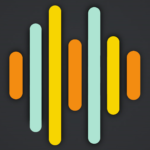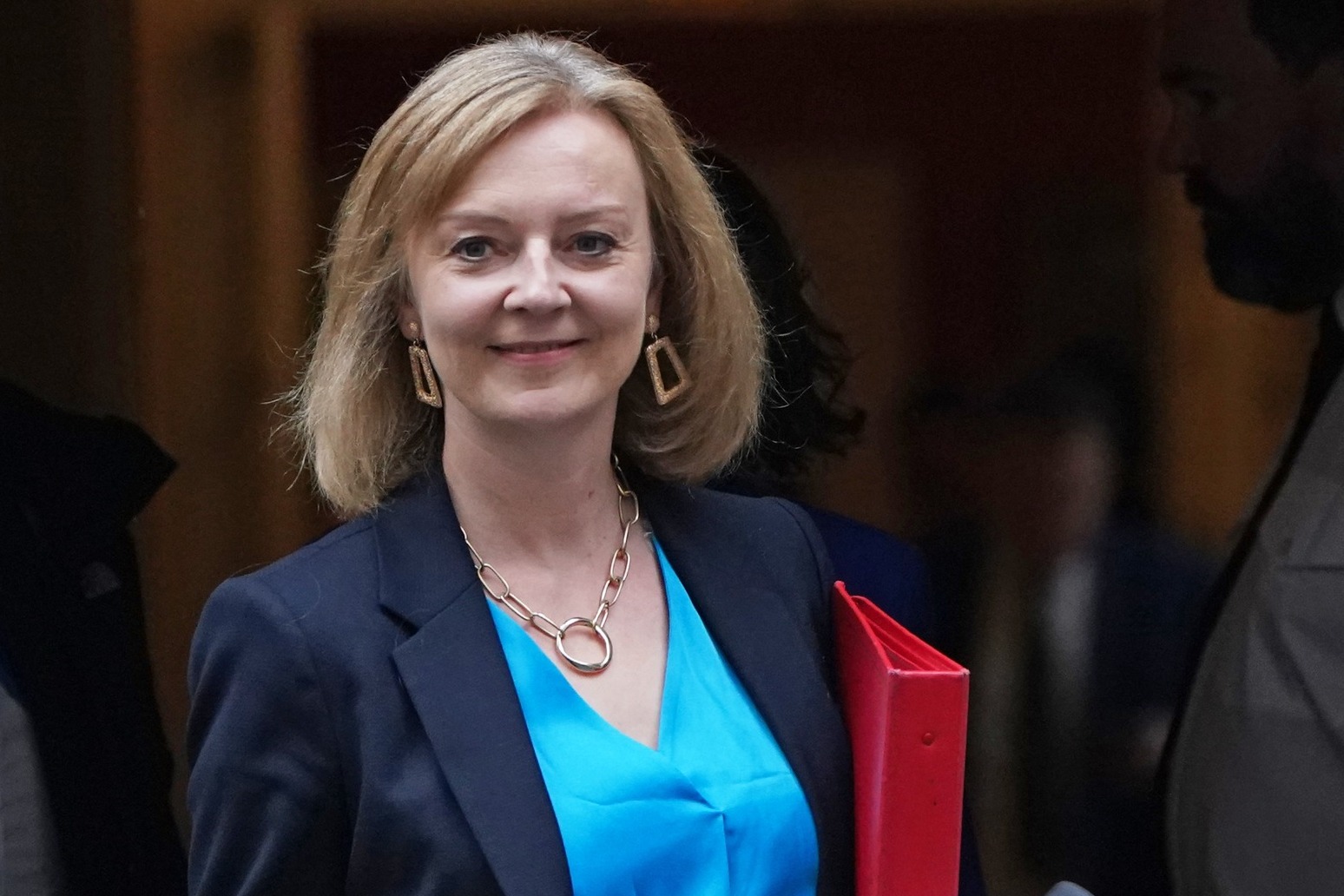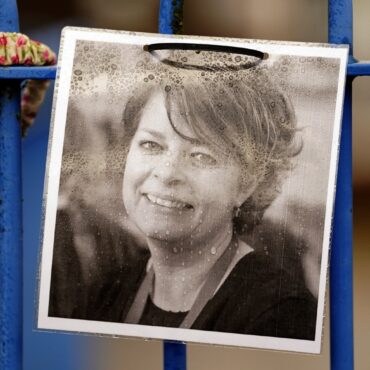-
 play_arrow
play_arrow
DukeBox Radio The Voice Of The Wellington Academy
-
 play_arrow
play_arrow
Jetstream Episode #15 - Festival of Education Celebration
Ukraine invasion would mean severe consequences for Russia warns Liz Truss


Russia would face “severe consequences” if it invaded Ukraine, the Foreign Secretary has warned ahead of a meeting of G7 foreign ministers in Liverpool.
Liz Truss said the UK would aim to damage the Russian economy if it made an incursion into Ukraine, as she prepared to lobby allies during weekend talks to become less dependent on Moscow for cheap gas.
During the meeting as part of the UK’s year-long G7 presidency, the Cabinet minister will urge allies from the US, Canada, France, Germany, Italy and Japan to present a united front against “malign” behaviour by Russia.
US intelligence officials say Russia has stationed about 70,000 troops near its border with Ukraine and has begun planning for a possible invasion as soon as early next year.
President Joe Biden has spoken with Prime Minister Boris Johnson and the leaders of Germany, Italy and France – dubbed the Nato “quint” – twice this week as they deliberate on how to deal with the threat.
Ms Truss, asked by broadcasters how likely an invasion was, repeated her assertion that it would be a “strategic mistake” for Moscow to send troops across the border – something she wants the G7 to “spell out” over the next two days.
“What the G7 meeting this weekend that’s taking place is about a show of unity between like-minded major economies that we are going to absolutely be strong in our stance against aggression, against aggression with respect to Ukraine,” she said.
“There will be severe consequences if anything were to happen, but also make sure that we’re building security and economic relationships with like-minded partners, including Ukraine, to protect them in the future.”
Ms Truss sidestepped questions about whether there could be a British military response to an invasion, saying only that Defence Secretary Ben Wallace had been in Ukraine “very recently” as the UK helps to build Kiev’s defence and security capability.
A deal struck last month will see UK warships and missiles sold to Kiev.
The Foreign Secretary added that the UK was working with allies to “make sure there would be severe economic consequences” if Russia sent troops into Ukraine.
She said Britain would also be pushing for an “alternative to Russian gas supplies” in a bid to establish stronger energy security.
“There have been decisions made by the free world in the short term to obtain cheap energy or cheap financing, and that has a long-term cost for freedom and democracy,” the former trade secretary said.
“And we can’t make that mistake again.”
Over the course of the weekend, the Foreign Secretary will hold bilateral meetings with counterparts from the G7 countries and the EU, as well as guest countries – such as Australia and South Korea – joining the event at the Museum of Liverpool.
On Sunday, she will host plenary sessions on global health security as well as regarding the Indo-Pacific region, with foreign ministers from the Association of Southeast Asian Nations joining the G7 meeting for the first time.
It comes after the UK’s integrated review on foreign policy announced a “tilt” towards the Indo-Pacific, in a move seen as aiming to counter China’s growing influence in the region.
With the UK on Friday recording the highest number of Covid-19 infections since January, the Foreign, Commonwealth and Development Office said overseas attendees in Liverpool would have to take a PCR test before being admitted to the event, with daily testing on-site.
The gathering will be the second in-person meeting of G7 foreign ministers this year, following a session in London in May, which was chaired by Deputy Prime Minister Dominic Raab before his demotion from foreign secretary to Justice Secretary during the Cabinet reshuffle in September.
Published: by Radio NewsHub
Written by: admin




